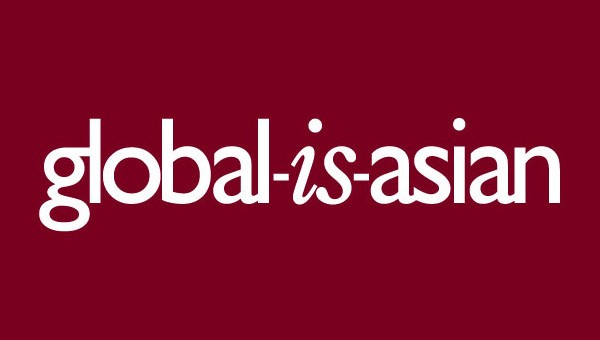
Geopolitically, this may be one of the most significant periods in history. Not only are we experiencing one of the biggest power shifts, but it is a non-Western power that may rise to number one status — a feat that hasn’t been achieved in two hundred years.
According to Prof Kishore Mahbubani, Dean of the LKY School, while the United States continues its reign as the world superpower, China, the number one rising power, “has done an outstanding job of quietly rising and without sparking strong US reaction”. To a large extent, this was facilitated by 9/11 and the “distracting effect” it had by igniting US focus in the Middle East.
The lack of strong counteraction to China’s ascent may be considered abnormal particularly when contrasted with the US’s aggressive policy of containment towards the Soviet Union during the Cold War period. Instead, the US has adopted a benign attitude towards China.
In line with the power transition perspective (on the cyclic condition of wars related to the transition of power), China is attempting to rewrite the current world order shaped by US hegemony to better further its interests. Whilst US-China cooperation exists, there are marks of strategic rivalry, which is a natural attribute of geopolitics. This rivalry manifests in China’s increased military spending, its anti-access strategies, activities in its maritime claims, and the creation of the Asian Infrastructure Investment Bank (AIIB) and various other economic ventures such as the Regional Comprehensive Economic Partnership (RCEP) that omit the US.
Nonetheless, Prof Mahbubani believes this rivalry is unlikely to erupt into a large-scale conflict that subsumes the region. In fact, such a conflict may not come to fruition for another generation, so long as there remains a considerable power gap between China and the US.
China’s challenges are an attempt to test the waters; US counter-action is a bid to retain its hegemonic status in the region. The George W. Bush administration, for instance, revived important military alliances with countries like Australia, Japan, South Korea and Philippines and strategic partnerships with the likes of Singapore, India, Vietnam and Indonesia. Using the power transition viewpoint again, this rivalry is a means of settling the issue of who assumes hegemonic standing. This typically ends in a catastrophic manner.
Nonetheless, Prof Mahbubani believes this rivalry is unlikely to erupt into a large-scale conflict that subsumes the region. In fact, such a conflict may not come to fruition for another generation, so long as there remains a considerable power gap between China and the US.
China lags significantly in the full range of power indicators. Even though the size of China’s economy may have exceeded that of the US in PPP terms, the US still holds the title of the world’s largest economy in real terms, with a GDP of $16 trillion compared to China’s $10 trillion. It is considered among the wealthiest in terms of per capita GDP with US$54,000 in contrast to China’s US$7,000. Furthermore, the US is rival to none in terms of military spending, consisting of 55 percent of expenditure by the world’s greatest powers. US technological capability is also difficult to contest. Given these factors, and coupled with American soft power, it is unlikely that the US will be unseated as the leader of the free world in the very near future. Whilst there is a shift in power dynamics, the US still enjoys full spectrum dominance. China is making strides and the US is unlikely to roam the Western Pacific with impunity.
___________________________________________________________________________
The talk “Eternal lessons of Geopolitics” on 8 September 2015 was part of the Dean Lecture Series by Prof Kishore Mahbubani, Dean of the LKY School. For upcoming events at the LKY School, please visit our website.
Awa Tourey is a MPP Student at the LKY School. Her email is a0122834@u.nus.edu